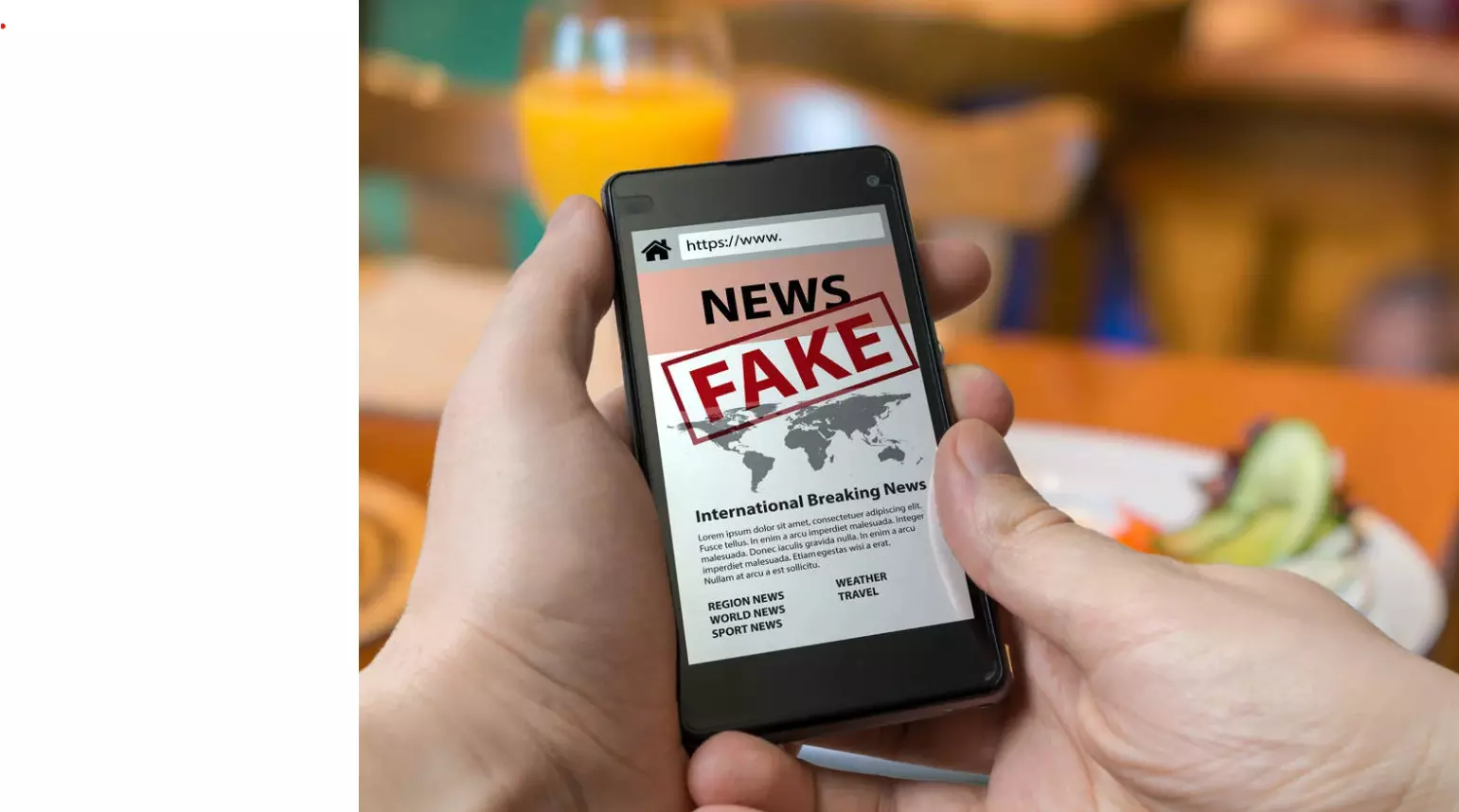Curbs on (mis)information!

The split verdict by the Bombay High Court on the petitions filed by comedian Kunal Kamra and others, challenging the Central government’s Information Technology (Intermediary Guidelines and Digital Media Ethics Code) Amendment Rules, 2023, has laid bare the complex nature of the issue. Owing to divergent verdicts on the matter, the two-judge bench decided that “the matter will be heard afresh by a third judge.”
Notified in April last year, the amendment empowers the Central government to establish a fact-checking unit tasked with identifying fake, false, and misleading information about the ‘government’s business’ on social media platforms. Under the new IT Rules, the government can ask social media intermediaries like 'X,' 'Instagram,' and 'Facebook' to take down the content or add a disclaimer against such content. Furthermore, an organization appointed by the government will act as an arbiter of such content. Failing to adhere to the organization’s decisions, the social media intermediaries may lose their safe harbour status under Section 79 of the IT Act, 2000. Indeed, the provisions of the Rules, far from assigning an ‘advisory’ role to the FCU, are harsh and touch the extreme.
The petitioners — including Kunal Kamra, Editors Guild of India, the Association of Indian Magazines, and News Broadcast and Digital Association — have challenged the IT Rules on multiple grounds. They have claimed that the Rules are ultra vires Sections 79, which safeguards intermediaries from action against third-party content, and Section 87(2)(z) & (zg) of the IT Act 2000. This claim was countered by Solicitor General Tushar Mehta, who asserted that social media intermediaries are not at liberty to do “nothing” once content on their platform is flagged as fake, false, or misleading by the FCU. The argument forces one to ponder upon the intent of the government behind notifying the rules as well as the applicability of putting a “disclaimer” vis-à-vis a content takedown.
There is a need to be careful about the government’s assessment of “fake, false and misleading information.” The government has time and again tried to delegitimize international reports on hunger, malnutrition, poverty, inequality, etc. The official estimates on certain aspects, like Covid deaths, differ starkly from non-government and international figures. It is possible that in such scenarios, rather than acting as a tool to curb misinformation, the IT Rules may act as an indirect pathway to censorship. The petitioners have, thus, rightly challenged the notification of IT Rules on grounds of violation of the fundamental right to freedom of speech and expression under Article 19(1)(a). It is well-known that there are only limited “reasonable restrictions” to this fundamental right, and the government has failed to provide one in the present case. The violation of the fundamental right to practice and trade or profession under Article 19(1)(g) was also challenged in the court.
Since the infringement of fundamental rights is alleged in the present case, there is a need for meticulous and critical assessment of the case. It may be highlighted that the Supreme Court stands as the guardian of fundamental rights, implying that there might be a long battle ahead on this front. Apart from the legal battles, it is incumbent upon the State to be considerate and sensitive about the rights and entitlements of citizens.



